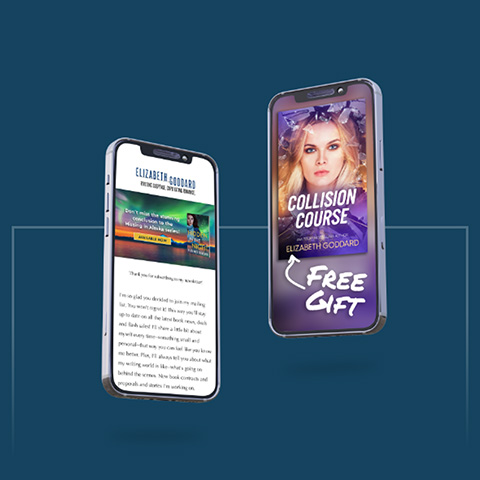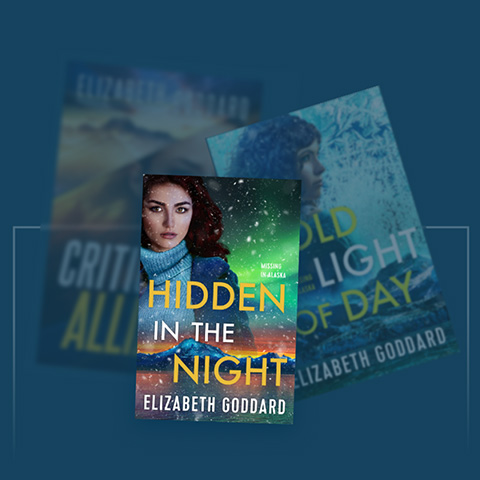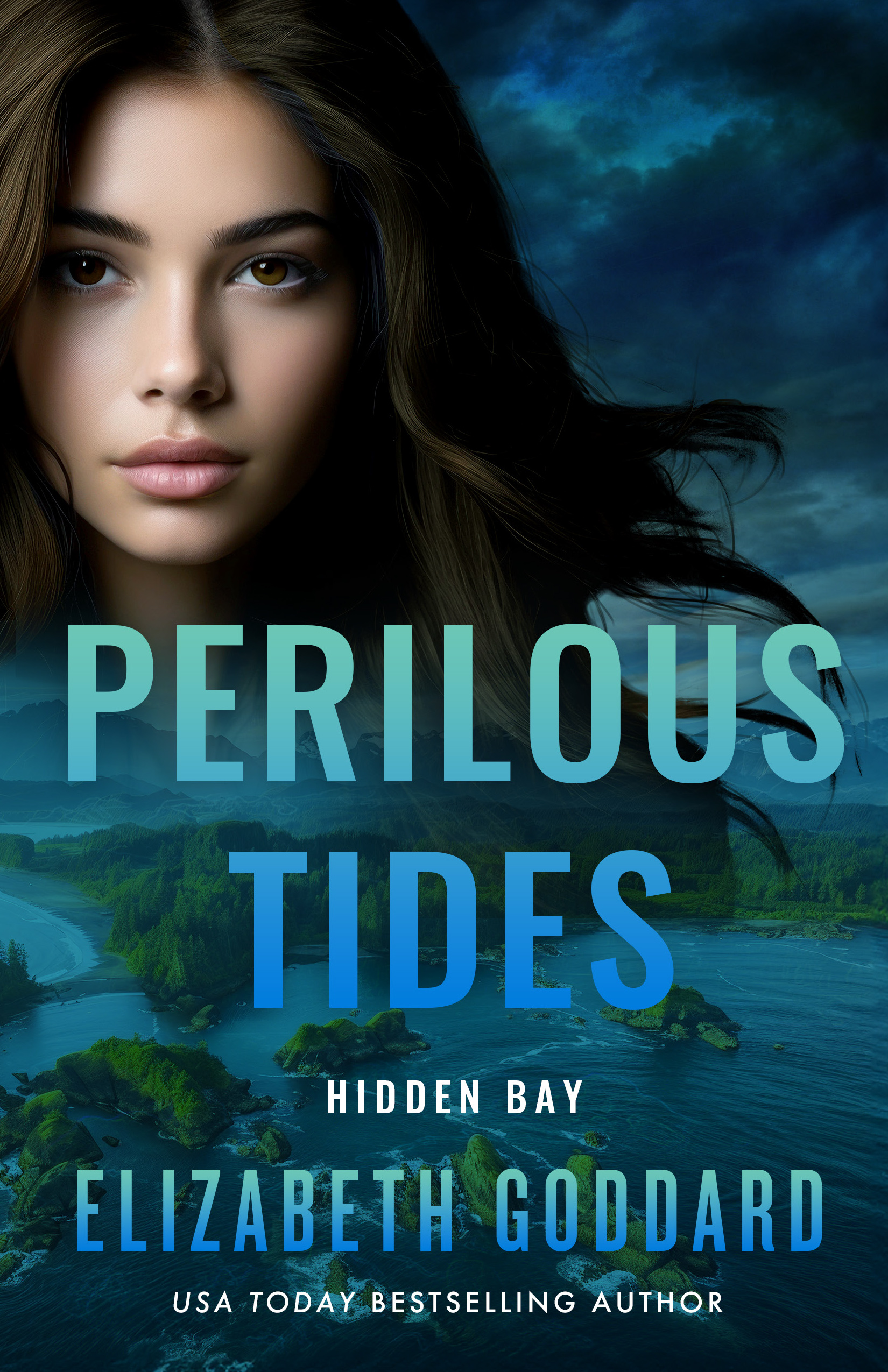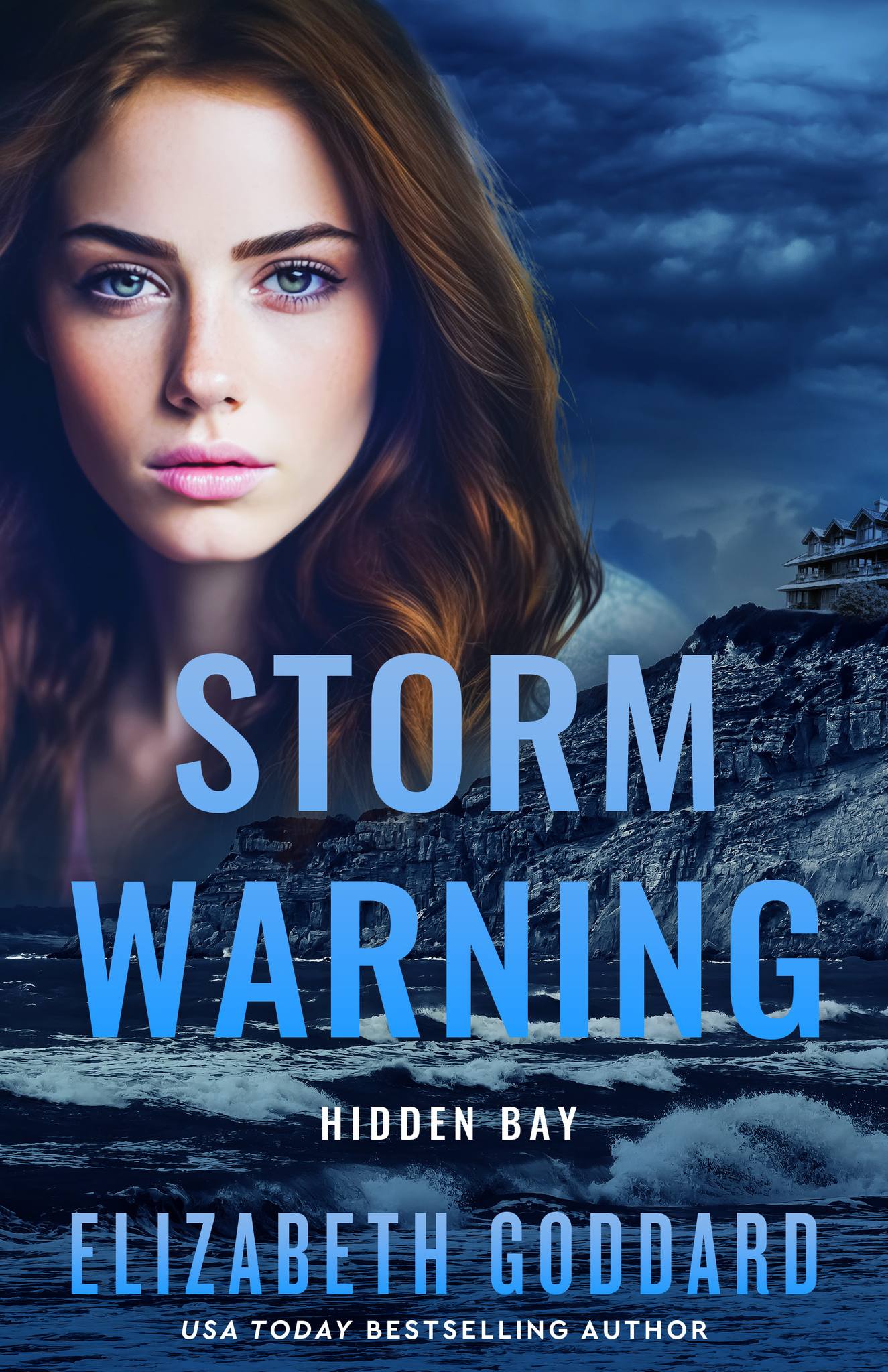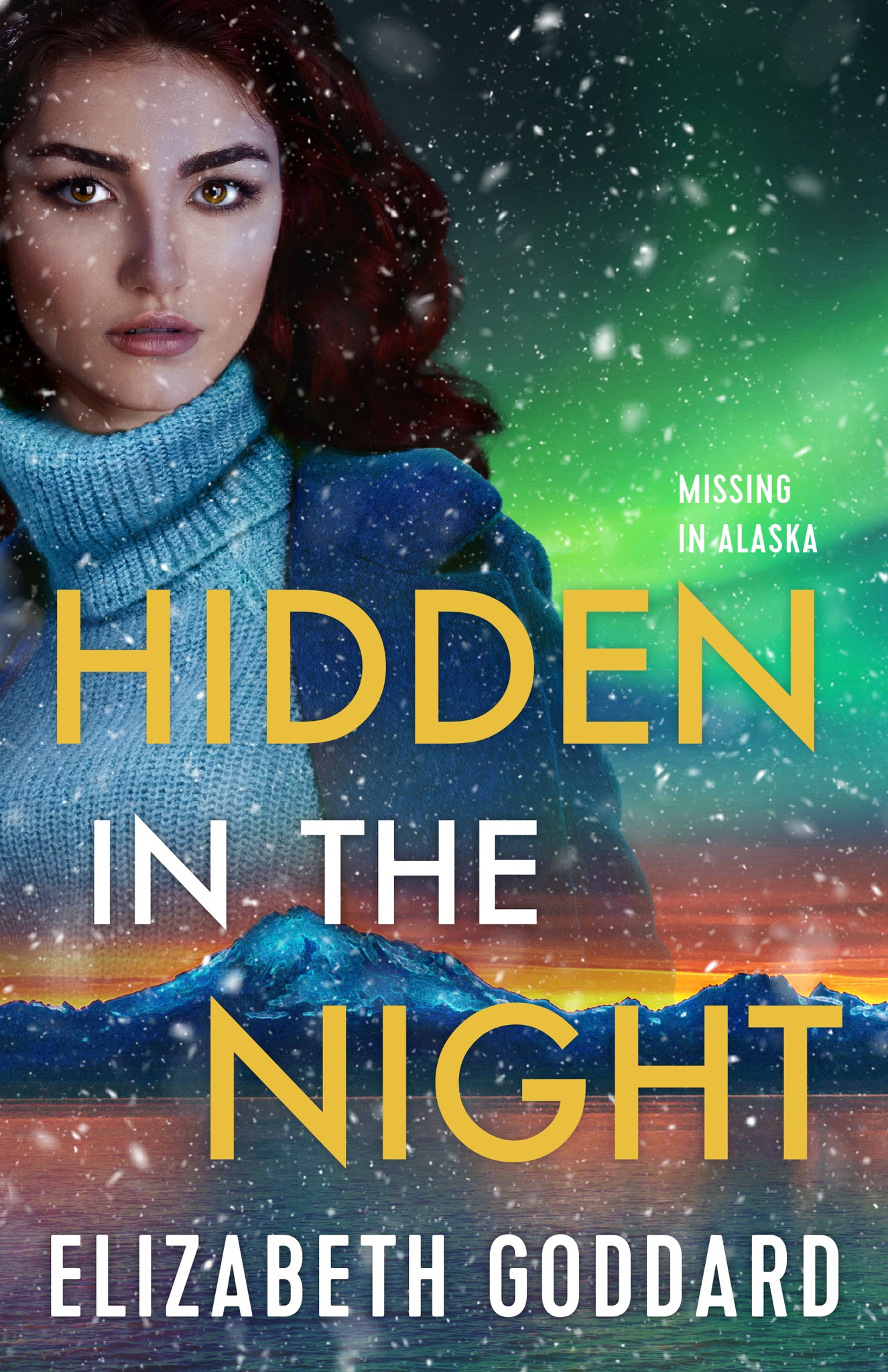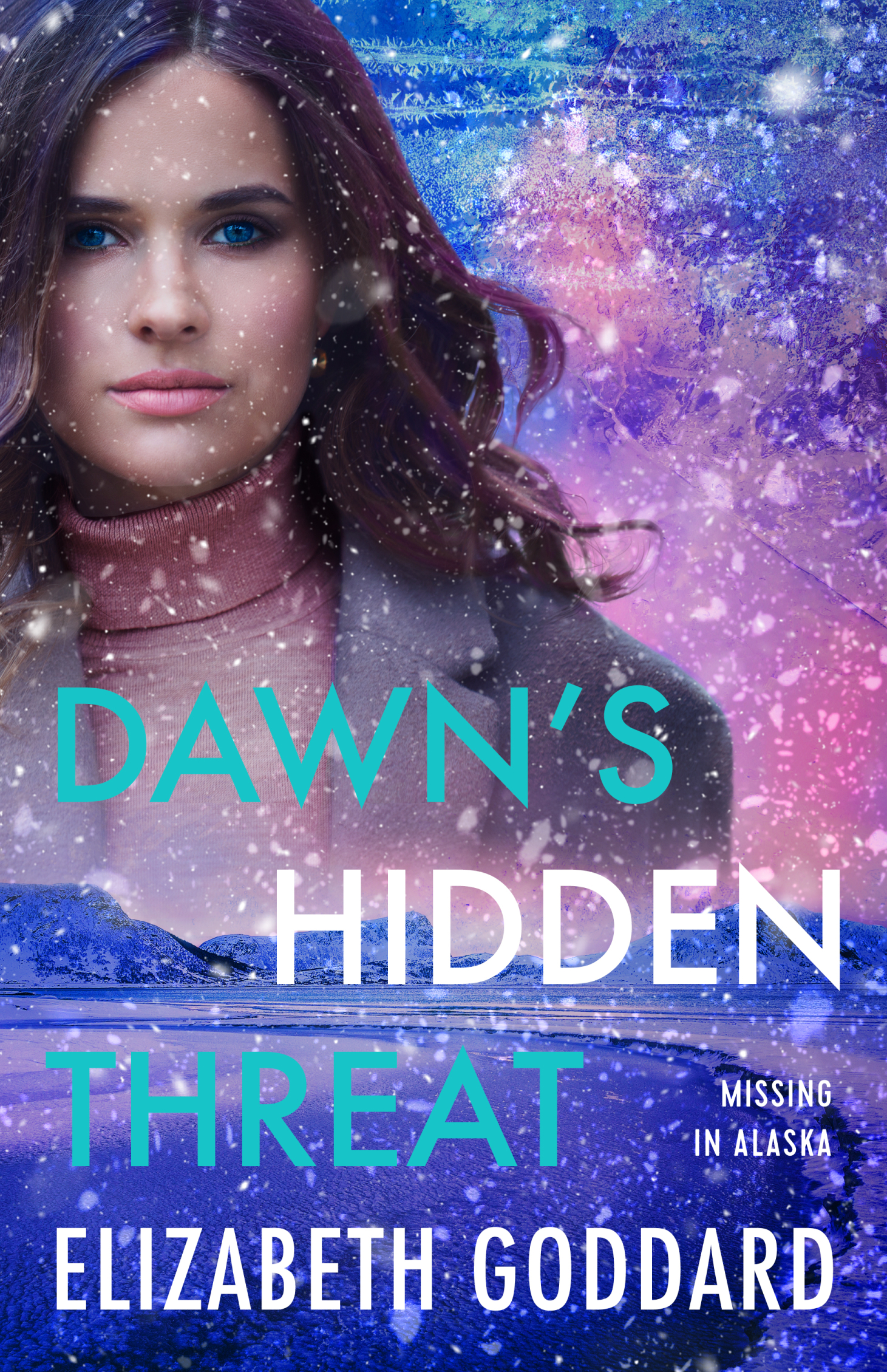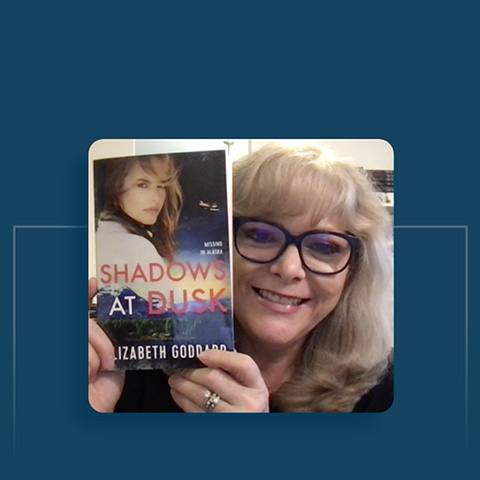
Tell us about your life, where you grew up and what were some of your interests and hobbies.
I am a product of the Piedmont/Triad area of North Carolina. Born and raised here, lived here all my life and never want to move. I went to a private school growing up where I was encouraged by many of my teachers to write, and told that I could achieve anything if I wanted it enough, and if I was always faithful to God.
Interests and hobbies growing up weren’t as varied as you might imagine. I’ve always loved watching great movies. I’ve always loved video games. I’ve always loved reading. I was never coordinated enough or athletic enough to be involved in any sports, so I was always the guy who found enjoyment through more creative outlets. Some of my earliest memories are of playing with Lego toys for hours and hours on end, dreaming up ideas and bringing them to life with those wondrous plastic bricks.
When I was about nine or ten I think, my parents got me a plastic toy typewriter that really worked. I was hooked immediately — I wrote my own little “books” and created “magazines” and stapled the pages together for family and friends — and I’ve been writing ever since.
In some ways, what I do these days on the Internet is just an extension of what I did back then as a child. I’m still creating content, I just have better tools at my disposal and better skills to draw on.
It sounds like your parents really encouraged your creativity, which is a good thing. Tell us about your writing journey.
It’s definitely an atypical one. In high school, I won a few awards here and there for things I wrote. It was cool, and it was one of the first things that encouraged me to pursue writing further. I had some of my very first ideas for novels I might someday write, way back in high school. I even tried to get my English teacher to go easy on me once for not completing an assignment because the night before I’d felt more inspired to work on one of my novels! (She didn’t fall for it.)
College was a very unpleasant experience for me. Coming from a small private school background, I felt so fish-out-of-water at a big university that I could barely catch my breath. I did have some good English Writing classes that taught me a lot of skills I still use to this day. But on the whole, the experience was not a positive one. I ducked out after two years, and joined the working force.
My desire was always to be a storyteller, a novelist, but that had to be put on hold for a while as I worked just to make ends meet. My first job — humorously enough — was at a Christian bookstore. So I received my first on-the-job training for my future career then, without even knowing it. But it wasn’t a terribly pleasant experience either, so I moved on to take a job in marketing for a local restaurant. It was interesting, it was different, it was a fun new challenge that allowed me to stretch those creative muscles in ways that they’d been aching for desperately.
Around that same time, the Internet came along, and that’s where I got my first paying job for writing, with a little startup called The Mining Company, which later changed its name to About.com.
So you wrote for About.com and you’ve spent years writing for various websites. What would you say drew you to the internet rather than to traditional media?
That’s easy: the Internet (back in the day, anyway) was the great equalizer. Start-up companies were looking for writers and it didn’t matter in the slightest if you had no experience. These days the Internet publishing industry has grown to show more sophisticated and professional tastes, but a decade ago, the Internet was the perfect way of finding a platform and a following for your work without having to climb the corporate ladder or pay the proverbial dues.
The one downside is that print always did — and still does — get more respect. If you make it to print, you’ve made it. The Internet, especially at the beginning, wasn’t taken all that seriously by the publishing industry at large. Which struck me from the very beginning as a crazy way of looking at the Net, because online, news and information are able to move and be published infinitely faster than the turnaround times involved in print media. Newspapers require anywhere from 24 hours to a week of lead time, while the average magazine often needs up to two months or more. The Internet by its very nature could run laps around these kinds of delays, outpacing traditional news outlets without breaking a sweat.
I learned and grew as I went a long. I was incredibly green at the beginning, but as they say, there’s no better training in the world than on-the-job. And all that writing experience helped me learn how to put words together in pleasing ways with good flow and pacing, and even though I learned all this through journalism, those were skills that totally paid off when I was ready to try my hand at the world of fiction.
I want to get to the fiction, but first how did you come up with the idea for Infuze Magazine?
Having written for preexisting media outlets for so long, when an opportunity came along to create something entirely new, on my own, from scratch… Naturally I jumped at it.
But the question became, how do I do something different? If I’m just going to get out there and regurgitate all of the same old stuff you can get everywhere else… well, why bother? I needed an angle, a voice, something that would set this apart.
It came to me one day in the shower (why do good ideas always come in the shower? I have a theory that it has something to do with massaging/stimulating your head with shampoo), when I was thinking about how much I desperately wanted to get back into fiction writing. It had been a solid ten years that I’d been working as a journalist, and this left me no time to write fiction. This seemed like a great opportunity to do that.
At the same time, I had built up all these contacts in other places like the music industry and the movie industry, and I didn’t want those resources to go to waste. And during all of this, I was a studious disciple of Bob Briner’s Roaring Lambs concepts, and was desperately wanting to break outside of the “Christian media” mold. So it just clicked in my head, that day in the shower, what all of these ideas had in common: Art.
Music, movies, books, storytelling… These are all forms of artistic expression. And what better way to explore artistic expression than to look for Briner’s “salt and light” from both within the “Christian” industries — and without. I was also interested in examining the creative process itself, and how in mimicking God as the Creator of all things, when we create we are drawing closer to him. It’s almost an act of worship, when done with a pure heart.
All of these ideas were bubbling around in my head, and when I stirred them up and baked them in the oven, INFUZE is what came out — this exciting, singularly original place where art and faith intersect, and we strive to generate conversations about all of these important ideas through an examination of pop culture.
Robin, this totally sounds God inspired. Gives me chills! INFUZE is truly a unique and awesome site. I know you’re excited about its success. I can’t think of anything that would be more exciting, except for maybe one thing. You proposed to your wife on the same day you received your first contract for your novel. Can you share the highlights of that experience?
It was the same week, actually, but close enough! We’d been talking about the contract for a few weeks, and I didn’t know when to expect it. I did however know exactly when I was going to propose to Karen and how I was going to do it and what I was going to say. It was Easter Weekend. I proposed to her on Saturday at a lovely, peaceful spot at the local lake here in town, but she arrived in town the day before, on Friday afternoon. And that happened to be the same day that the book contract arrived in my Inbox.
What can I say? It was a total God thing. And that was one good weekend.
I’ll bet! I would say this is one time when words fall short. Let’s get to the reason for this interview. Tell us about your inspiration for your serialized story, now the Dominion Trilogy.
The initial hook for the story came about in this flash I had, a mental image that was incredibly striking. In my head, I saw this guy riding the bus on his way to work, within the concrete canyons of some metropolitan city, and right as he’s stepping off the bus, he looks across the street and sees himself walking to work.
It was an incredibly potent image that immediately elicited all kinds of questions. Answering those questions is how the rough outline of Relentless was first formed. And that was just tremendous fun. I incorporated all of the different kinds of stories and genres that I love into that thing — suspense, mystery, action, drama, ancient conspiracies and prophecies, superheroics, a dash of fantasy, and a little romance for good measure.
At the same time, it had only been a few years since I’d lost my dad to cancer at age 56. It was the most difficult experience of my life, and sorting out my feelings and my faith during that time fed greatly into a lot of the emotions that my main character, Grant Borrows, feels in Relentless. He’s in a completely different situation, but the way I described it when Dad died was like the rug had been pulled out from under my entire world, and that certainly describes what happens to Grant as well. So I used a lot of the thoughts and feelings that bumped around inside my brain during that difficult time to flesh out Grant and what he experiences in the book; it’s greatly magnified and dramatized of course, but all of it is based on stuff I actually felt about how the whole world had suddenly, and without my permission, changed on me.
All of these ingredients became Relentless, and as it says in the book’s dedication, my Dad played a huge part in making this book, even though he was already gone before I ever wrote a single word. It was from him that I got my love of these kinds of big, epic stories. And he would have really loved this one.
Was Relentless a completed novel when you began publishing chapters every two weeks on Infuze? Did you hope this would land you a book contract or did you have any idea this would happen?
It was a completed story, in that I had the whole thing outlined to quite a lot of detail, when I began publishing it chapter-by-chapter. But I did the actual writing as I went along, which was quite a lot of the fun of it for me.
Some part of you always secretly hopes for someone to notice your work in this way and want to sign you, but I certainly didn’t expect it — nor did I expect it to happen as easily or quickly as it did. I had already made plans to go at it again and do a second online novel the same way, when the contract was signed and I had to scrap those plans for time’s sake.
Is there a message you’d like to get across with this trilogy?
I try very hard not to approach my fiction with an agenda. It seems almost a prerequisite these days in the Christian marketplace especially that if you’re writing a story, there must be an agenda attached to it, some grand statement that must be made.
I subscribe to a school of thought I learned from the late, great, Rob Lacey, that whenever I come out and definitively say, “This is what the book means,” then I have immediately closed the door to the Holy Spirit to be able to speak to and inspire the reader in ways I, as a lowly mortal, could never have conceived of.
Let me put it another way. The Bible is a living thing. It breathes its truths into us, and those truths are often relative to the reader. In other words, if I’m having a bad day and you’re having the best day of your life, then Psalm 100 is going to mean two completely different things to you and I. Its core truths never change, but my circumstances will likely color what God wants me to draw from this passage.
I want my novels to be open to interpretation by the reader in the same way. Truth is truth, but which truth speaks to you, personally, right where you are, on any given day, is best left in God’s capable hands. If I tell you my books are about “perseverance,” well, what if God wants to encourage you in the area of “caring for others above yourself” today?
Ultimately, what I’m trying to say is that I don’t ever want any agenda of mine to get in the way of the Holy Spirit’s agenda with each individual reader.
That said, I hope that when Book 3 is finished and all is said and done, readers will take away with them a sense that all things work together for good, no matter how much evil tries to undermine things.
Well said! Obviously, you’ve been successful with the internet. Many use it to market their books, but few have used it to land a contract as you’ve done. Do you have any tips or advice on internet marketing?
Honestly, I feel like there are those who use the Internet to their advantage with marketing so much better than I currently do. I have big ideas and ambitions and things I know I could do if I only had the time… but I usually just don’t. I do what I can, though.
My biggest advice would be: don’t be afraid of the Internet, and don’t be afraid to use it to try new things. Many are those who are terrified of MySpace, but I and other writers have found it to be a terrific tool for introducing yourself to new readers. The big problem we all face with any kind of marketing is how to get yourself and your work out there, in the grand marketplace of ideas that we call pop culture. And the answer is that there is no definitive answer to this. Every great, bestselling writer in the world has probably taken their own unique path to the bestseller list. And it was probably because they weren’t afraid to use the tools at their disposal and try new and different (and sometimes crazy) ideas.
Don’t let it intimidate you. Just go for it.
What do you think about the CBA’s resistance to publishing in the speculative genres, i.e. fantasy and science fiction? Do you believe these genres have any future in the CBA?
I’m not really sure I’m the best person to answer this question, because I don’t really think of myself as a traditional “CBA author.” I want my fiction to appeal to the masses, and so I write with that in mind. “CBA fiction,” by definition, is generally written to and for the audiences that frequent Christian bookstores. And a lot of my readers come from those same stores, so I have no problem with them — please don’t misunderstand.
I just think that a lot of the time we’re missing the mark, the Great Commission itself if you will, if all we’re focusing on is writing for the already-converted. But that’s a whole other topic, and I digress…
Speculative genres are often feared by CBA stores because by and large, Christians are fearful of any kind of artistic endeavour that doesn’t lean heavily on theology. Whereas speculative genres are more allegorical in nature, not adhering to theology’s strictures, and allowing themselves to play in more “what if?” kinds of waters. This has been uncomfortable to many Christians over the years, but I think the new generation that’s emerging now is much more open to those kinds of fables and parables and allegories, and I think it’s starting to show in the amount of speculative fiction that companies are starting to put out.
Heck, I was just at ICRS and nearly every major publisher there was releasing or was working on some form of Manga or graphic novel, and that’s about as far out of the normal “CBA comfort zone” as you can get. So things are moving forward now.
That’s exciting news for both readers and writers. But writers have a specific concern about the market. Do you have any thoughts regarding what many are calling a saturated market? Do you think there are too many books being published in the CBA?
I think there are too many books being published in the CBA that appeal only to one demographic. The CBA fiction marketplace is 70% female. So that means we have tons of romances and historical novels and literary dramas. Those genres are all fantastic and I have nothing against them, but I’d love to see more variety, more equal time given to all genres.
And of course with the Dominion Trilogy, you’re helping to make that happen. Regarding the series, of the three books, which is your favorite and why?
Hard to say, because the series isn’t complete yet. I’m working on Book 3, Merciless, right now. And as much as it’s easy to always say, “my favorite is the one I’m working on currently,” I really do think that Merciless is going to be something special. This is the main event, it’s the climax that everything else has been building up to, and I think it’s going to be shocking, gripping, touching, and wildly entertaining. And hopefully, inspiring.
But there will always be a special place in my heart for Relentless. It was my first book to be published, and the way you feel about that, the sense of accomplishment you get after holding that very first book in your hands… I think it’ll be hard to ever repeat that.
I can understand that. Now that you’re working on that last book, what are your novel plans after your completion of the Dominion Trilogy?
That’s the question of the hour right now. I have no shortage of ideas, so I think it will depend (as much as I hate to say it) on which way the marketplace winds are blowing. And if that sounds too business-driven for you… hey, the Dominion Trilogy became of interest to publishers because it had a superhero slant and superheroes were crazy popular at the time. So I’m certainly not complaining about industry trends.
What I can tell you is that my stories will always have strong elements of suspense and mystery, that there will always be normal, down to earth characters you can identify with who get swept up into extraordinary situations, and that I’m always going to be interested in asking the big questions about our existence. More often than not, there will be an element of the supernatural at work, but I won’t commit to saying that’s an absolute rule.
I’d really love to dabble in everything from science fiction to straight-ahead murder mystery. I don’t ever want to get stale or pigeon-holed, and if I’m not always challenging myself, always trying something ever bigger and bolder and crazier than before… then why bother?
To answer your question, I wouldn’t be surprised if my next one was a standalone science fiction tale. I have one in mind — a really good one. But I really don’t know what the future holds.
Well I certainly look forward to seeing more from you. I know it will be highly entertaining. A big thanks, Robin, for joining us on the CSFF blog tour and for this interview. May God richly bless your future.
If you’d like to order Robin’s second book in the Dominion Trilogy you can do so here. You can visit Robin Parrish’s website here.
Please visit the other blog participants:
Trish Anderson
Brandon Barr
Wayne Thomas Batson
Jim Black
Justin Boyer
Grace Bridges
Amy Browning
Jackie Castle
Valerie Comer
Karri Compton
Frank Creed
Lisa Cromwell
CSFF Blog Tour
Gene Curtis
D. G. D. Davidson
Merrie Destefano
Jeff Draper
April Erwin
Linda Gilmore
Beth Goddard
Marcus Goodyear
Andrea Graham
Russell Griffith
Jill Hart
Katie Hart
Sherrie Hibbs
Christopher Hopper
Jason Joyner
Karen
Dawn King
Tina Kulesa
Lost Genre Guild
Rachel Marks
Rebecca LuElla Miller
Eve Nielsen
John W. Otte
John Ottinger
Robin Parrish
Lyn Perry
Rachelle
Cheryl Russel
Hanna Sandvig
Chawna Schroeder
Mirtika Schultz
James Somers
Steve Trower
Speculative Faith
Jason Waguespac
Daniel I. Weaver


